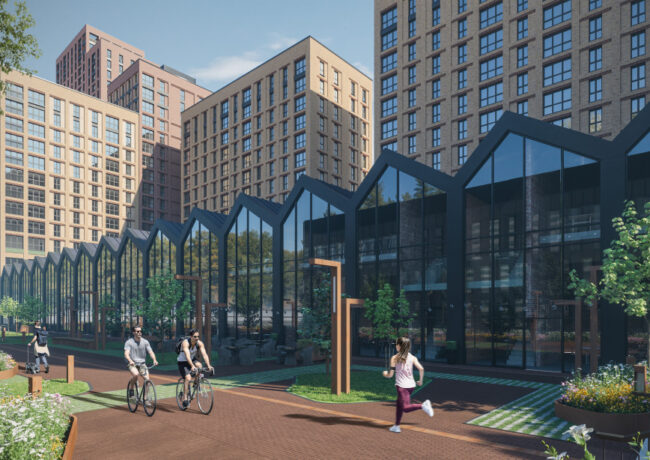Hospitality anxious over ‘meagre’ tier 5 grants
Bar and restaurant operators in the North West expressed concern over the level of support they stand to receive during the latest UK lockdown, as the region braces itself for the toughest restrictions imposed by the Government since last spring.
Prime Minister Boris Johnson on Monday night announced a ‘Tier 5’ lockdown for the whole country starting tomorrow and lasting until mid-February. The restrictions force blanket closure of hospitality venues and remote learning for school and university students and ask the public to stay at home except in specific circumstances.
All non-essential shops, leisure and entertainment venues will remain closed, and pubs and restaurants are to offer takeaway food only. Indoor and outdoor sport is also cancelled except for elite competitions.
Chancellor Rishi Sunak has unveiled a £4.5bn package of financial support intended to prop up businesses affected by the restrictions. Retail, hospitality and leisure firms will receive grants worth up to £9,000 “per property” to help them keep afloat until spring, while an additional £594m will be made available to affected businesses outside these sectors.
In addition, business rates relief has been made available through local authorities and the furlough scheme has been extended until the end of April.
However, representatives of regional hospitality and other businesses said the industry was concerned the support would not be enough.
Thom Hetherington, chief executive of hospitality events business Holden Media, which runs the Northern Restaurant and Bar exhibition, The NRB Top 50 awards, Manchester Art Fair and The Manchester Contemporary, among others, said: “Every element of support is to be welcomed, but clearly it is not enough to keep many good hospitality businesses viable.
“The elephant in the room is still the issue around rent and property costs, which for many restaurants and bars are still accruing despite a complete and ongoing inability to trade.
“The debt moratorium will end at the end of March, and there needs to be a serious dialogue between operators and landlords before then, and ideally some level of government support for all affected parties.”
Some operators may “limp through” until some sort of vaccine-led market recovery, “but ultimately be dragged down by an inability to service the government and property debts they had to take on to survive”, Hetherington added.
Andy Farrall, board member of the Chester BID (business improvement district), said that the industry is now well-used to lockdowns, but as businesses face their second or third or fourth such period of closure depending on which tiers they were in previously, they are “reaching the end of their tether”.
“Many have exhausted their resources and financial buffers over the past year – time has literally eroded their capital – and the general feeling on the ground is that the level of grants being offered by the Government is not enough,” Farrall said.
“They are both anxious and want further clarity. For example, they want to know more about the mechanics of how to apply for the grants, exactly which businesses will be eligible, and whether any additional funding will be made available through local authorities.”
Liverpool Chamber of Commerce said it would press the Government for sustained funding for all businesses during this lockdown. Chief executive Paul Cherpeau said: “We are pleased to see this morning’s announcement about top-up grants for retail, hospitality and leisure, as well as discretionary funds for other impacted businesses.
“We still, though, continue to champion Liverpool business to local and national government and push for ongoing and sustained financial support for all businesses including those falling through the funding gap as well as supply chains and freelancers.”
In other parts of the property and placemaking sector, construction sites remain open meaning that project delivery can continue, but other businesses are preparing to work from home for the foreseeable future until virus rates start to decline.
The main difference between this lockdown and previous ones is that the region is trying to remain optimistic about the speed of roll-out of the Covid-19 vaccines, which could spell an end to the ongoing restrictions.
“Unlike last March, we now have a clear end point in sight,” said Steve Rotheram, metro mayor of the Liverpool City Region. “The Government must provide the resource needed to speed up the rollout of the vaccine as quickly as possible.”
However, he said the country is at a “critical” moment. “We are yet to see the full effects of the relaxation of restrictions over Christmas and, over the past few weeks, we’ve seen just how quickly the new variant of the virus can spread and multiply. Considering all of this, an effective national lockdown is now the right thing to do.
“It is vital that businesses, councils and individuals are given the financial support they need to manage during this period.”





Cities are done for, the future is suburban.
By Dan